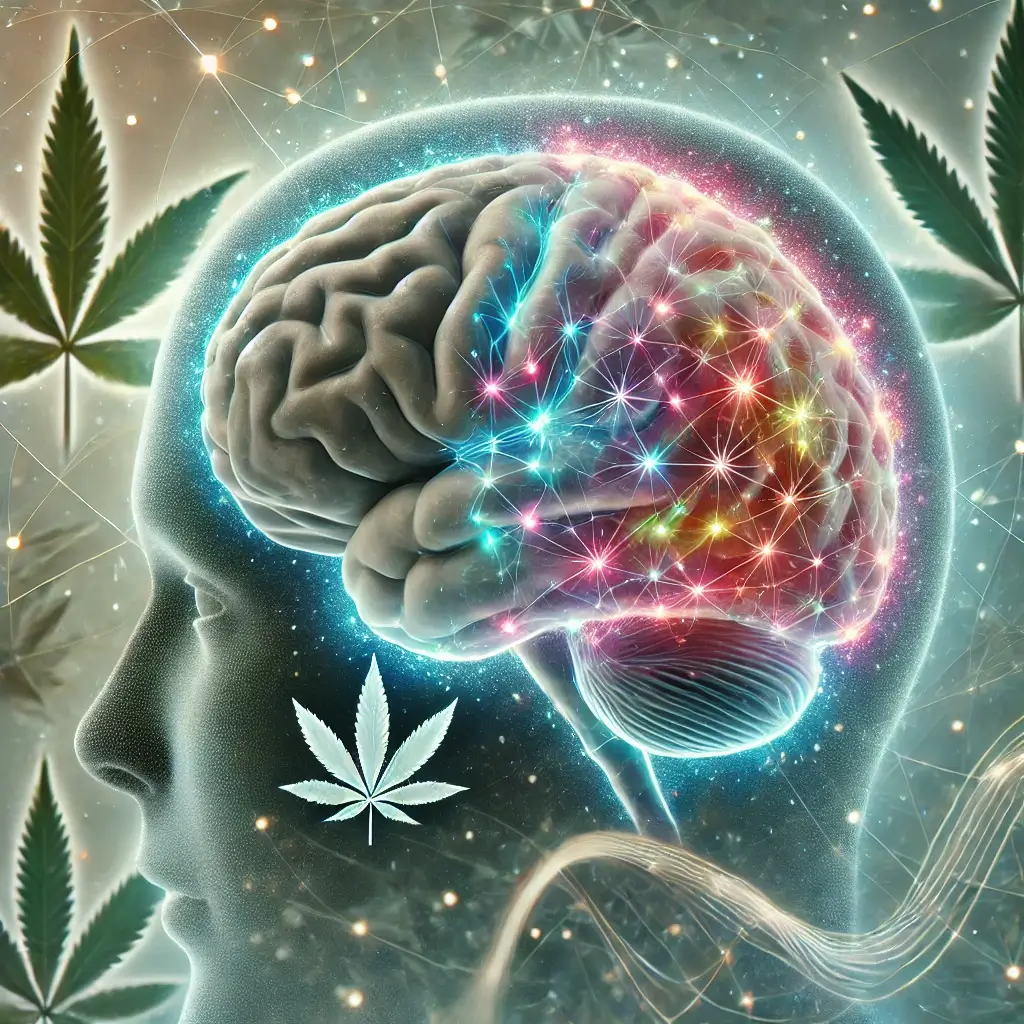THC’s Impact on Brain Activity
THC has the ability to disrupt brain activity, particularly in the prefrontal cortex, which is an important region for brain processes such as memory, self-control, and decision-making.
Reduced Connectivity in the Brain
Studies using functional magnetic resonance imaging (fMRI) scans have found that THC inhibits connections and communication between brain cells, especially in the prefrontal cortex. This region plays a significant role in higher-order cognitive activities, such as making decisions, solving problems, and controlling impulses.
Neurobiological Explanation for Cognitive Impairment
The loss of neuronal connection and communication within the prefrontal cortex offers a potential explanation for the brief cognitive impairment experienced by cannabis users. THC’s interaction with the endocannabinoid system can disturb normal prefrontal cortex functioning, resulting in difficulty with tasks requiring focused attention, logical reasoning, and executive control.
Impact on Emotional Regulation
The prefrontal cortex is involved in integrating cognitive and affective processes, as well as regulating emotional reactions. Weakened connections in this region may be partially responsible for the altered perceptual experiences and changes in mood associated with cannabis intoxication.
Variability of Cannabis Effects
The effects of cannabis on the brain can be complex and variable, depending on factors such as dosage, individual genetics, and previous cannabis experience. However, fMRI studies provide insight into THC’s significant impact on brain systems underlying cognitive and executive functions.
Decreased Stability in Brain Connections
THC causes connections in the prefrontal cortex to become unstable, potentially making it more difficult for the brain to adapt to new situations and respond effectively to changing stimuli.
Reduced Prefrontal Cortex Activity
Research indicates that THC is associated with a general decrease in prefrontal cortex activity. This may result in slowed thinking processes and impaired judgment, which are crucial considerations for activities requiring intense concentration, clear thinking, or rapid decision-making.
